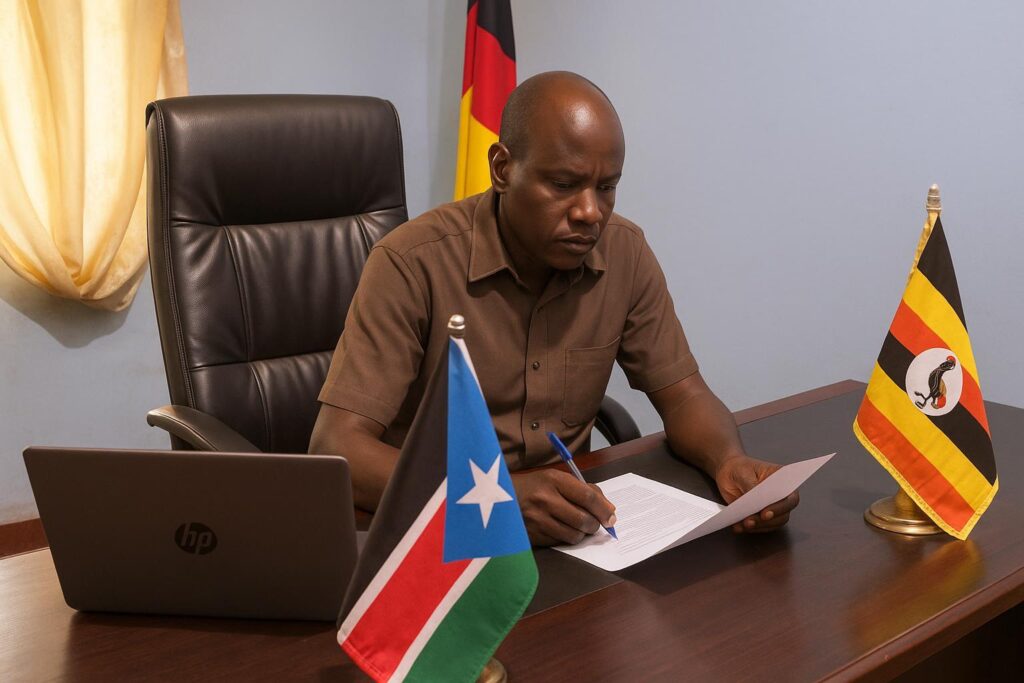Torit Authorities Act on Resource Security
Eastern Equatoria’s Council of Ministers has moved to halt unlicensed extraction after intelligence flagged heightened risks. Information Minister Elia John Ahaji disclosed that foreigners and non-indigenous operators were active in remote forests, raising alarms about community safety and uncontrolled depletion of timber and minerals.
Foreign Presence in Forests Sparks Alarm
Ahaji told journalists in Torit that the government is “surprisingly aware” of outsiders scattered across all forested counties. Officials worry that unscreened mobility could mask trafficking routes and spark clashes between artisanal crews and villages already coping with fragile post-conflict stability.
Key Provisions of Resolution 23/2025
The new decree forbids any foreign citizen from artisanal mining or logging without written clearance from state and national agencies. Non-indigenous South Sudanese may apply for permits but must first secure local security guarantees. Violators, the minister warned, will be prosecuted under existing environmental and criminal codes.
Civil Society Reactions Seek Wider Probe
Wodcan Saviour Lazarus of SPIDO called the move “overdue,” applauding protection of communal resources while urging authorities to identify officials who issue informal invitations. He asked, rhetorically, how foreign workers traverse checkpoints to reach dense forest zones without at least tacit facilitation.
Enforcement and Future Outlook
County commissioners have been ordered to patrol concession hotspots and submit weekly compliance reports. Analysts view the clampdown as a test of administrative reach in a vast state bordering Uganda and Kenya. Sustainable licensing frameworks, they argue, could convert today’s security measure into tomorrow’s revenue engine.


